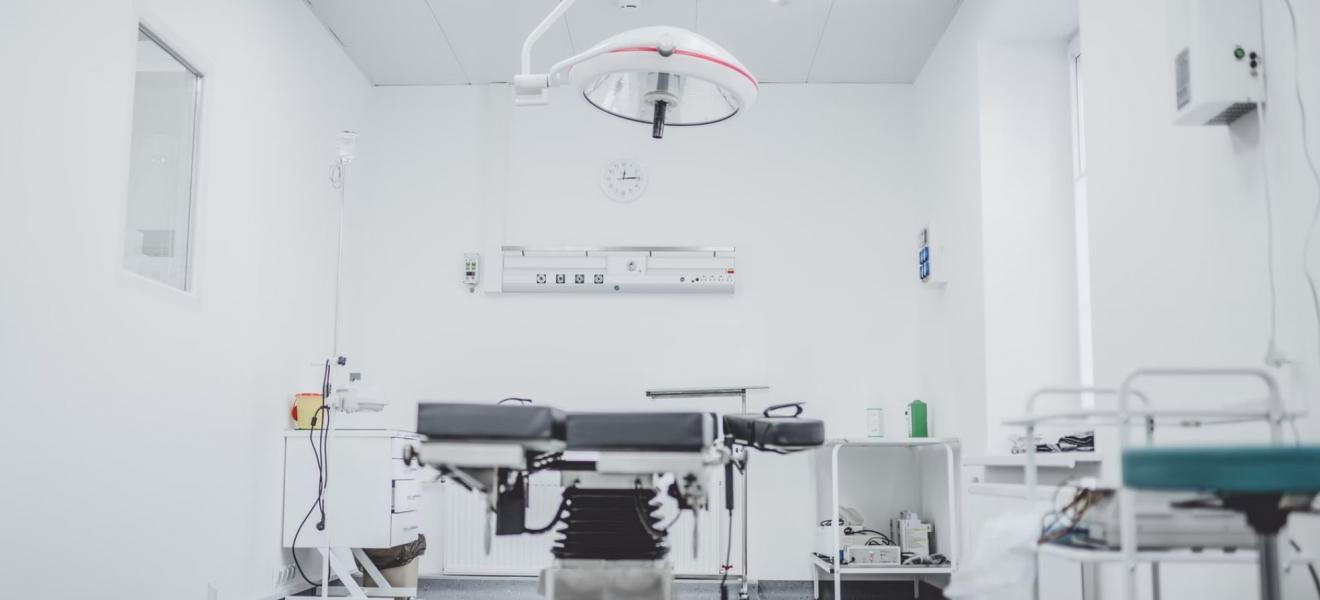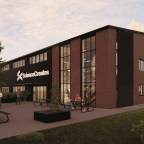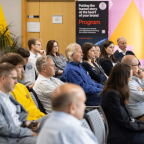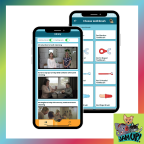
Airway Medical completes first prototypes of emergency airway suction device manufactured from plants
Airway Medical, in collaboration with the University of Portsmouth and Versarien PLC, have announced the conclusion of their project to further the development of The AMSU™ - a novel airway suction device developed to save the lives of patients with blocked airways and improving the well-being of people with a multitude of chronic conditions.
The project was part-funded by a grant from Innovate UK, in their Sustainability category, recognising breakthrough new technologies.
"The grant supported the employment of George Bulac, a research graduate at the University of Portsmouth, to study and optimise the design of the medical device. The University team included Dr Andrea Bucchi, Dr Martino Pani and Dr Afshin Anssari-Benam. They used computational fluid dynamics modelling to guide the 3D printing prototyping of the Venturi, and this additional experimental testing closed the loop of the design process.
Dr Bucchi said: “It has been very exciting to be part of this project, which started in the middle of the first Covid-19 lockdown, especially in collaboration with a vibrant company such as Airway Medical, with whom we share the same ethical values and vision. Translating our engineering medical research into a device that can be beneficial to people all over the world is extremely rewarding for all of us.”
The second aspect of the research project was conducted by Airway Medical to explore the possibility of designing a Class IIa medical device that utilised plant based biopolymers to ensure that the fundamental product components were sourced from renewable materials. Indepth research has been carried out to establish which materials are capable of producing a medical grade device. Several design ideas were considered before commencing prototype studies using 3D SLA techniques and Eco-Resins.
Simon Hall, founder & CTO of Airway Medical, said: “Our intent is to produce medical devices in conjunction with people who will actually use them and to ensure we do so with maximum social and minimal environmental impact as our driving forces. I am proud of the team for delivering on our promise to Innovate UK. We believe this will be the world's first net zero class IIa medical device made from plants and a demonstration to all medical device manufacturers that there are no longer any barriers to adopting medical grade biopolymers.”
The team at Versarien PLC, under the direction of their head of sustainability Paul Denney, have been working closely with Airway Meical on the development and integration of a graphene-based antibacterial and antiviral coating. Independently verified initial results have revealed better than 99% effectiveness against S Aureus, E Coli and MS2 Phage virus. There is still much work to be done to optimise the coating performance in order to reach greater than 99.99% across the board, develop an industrial scale application process and register the coatings active ingredients as a biocide but it is clear this technology has huge potential not only for The AMSU but in a wide range of other applications.
Paul Denney, head of sustainability at 2-DTech said: “We very much look forward to our continued collaboration with Airway Medical not just in making the coating but as their device manufacturing partner via our subsidiary company AAC Cyroma”
Glenn Kenworthy, Airway Medical CEO, stated: “This is a significant milestone in our journey, completing our project with Innovate UK sets our company and the technology we are working to create, on a clear path to clinical adoption. It demonstrates that we have moved forward from proof of concept, with an idea that we believe can be easily utilised and brought into clinical practice. Our working prototypes will now be evaluated in the field, with clinicians and potential users to inform our next steps and contribute to the development of our MVP. We are very pleased to have been associated with the University of Portsmouth and Versarien PLC to carry out this project and thankful for the support from Innovate UK.”







